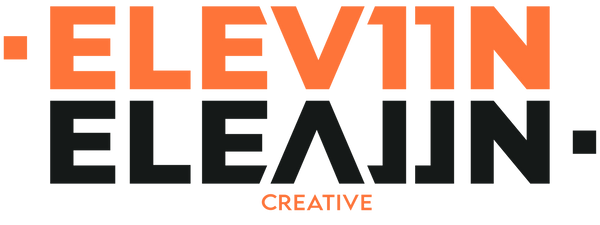THE UPRISING OF AI AND IT'S IMPACT ON DESIGNER'S LIFE: SPOILER ALERT IT IS NOT GOING TO REPLACE YOU

Hey creators! We are a bit late on this topic or early depending how you see where we are with Ai. Ai is continuing to gain momentum: the rise of this powerhouse is starting to integrate into everything we do whether we like it or not. Yet, we are here to reassure you: AI is not going to steal your job if you work in the creative field. It is common to fear that a medium or career might be completely dissolved by new technology. Remember when photography arrived and all painters got scared that their art would become useless since photography could do what they do better, cheaper and in less time. But instead, it propelled painters into abstraction. It reinvented what it means to be a painter, and art entered a new era. Now, photography is the best tool for a painter. AI is just the same: a tool with potential.

Image Source "The art challenges the technology, and the technology inspires the art." — John Lasseter
Can AI do it better?
First things first, AI cannot replace human creativity. In the future, AI might become better at it, but at the moment it is not really good at synthesizing and not at all at being original. AI doesn’t compare to humans. Our creativity comes from our background, our interests, our unique perspective, and our capacity to merge concepts together. AI, on the other hand, analyzes trends and patterns to come up with the most generic results. Yes, it is often surprising, but it is still based on the analysis of man-made photography, content, art, design, etc., where it then find the middle ground. AI simply doesn’t have any creative liberty as it doesn’t have context outside of human creation. It cannot generate anything without our input. It doesn’t learn from nature and life experiences; it builds from everything we put online. Because of this, the danger of AI, if we all use it, is that AI will start using AI-generated content as examples on which to build. What it will produce will become more and more bland, farther away from originality and creativity, and farther from humanity which will also inevitably means that their will be a craving for man-made content and art. Chances are, people are going to be ready to pay the price for something that only human can do.
Just an assistant?
Thus said, AI is an amazing tool to lean on. It can help save a ton of time by handling those repetitive tasks we all dread, like writing emails and managing customer service. There are so many time-consuming small tasks we have to do during the day that can be cut down by relying on AI. When it comes to editing pictures, VFX, digital animation, and all these complicated digital art forms that demand complex knowledge of software as well as hours to get into detail, AI really stepped up to make the process a lot easier (again not saying that it is taking away those jobs because you still have to have an understanding of the software and knowledge of the industry). Actually, it opens the door for everyone to explore their creativity. Just because someone doesn’t know how to draw or use Illustrator doesn’t mean they don’t have awesome ideas! Skills don’t equal originality. AI, as a tool, is meant to dictate what to create. When you have precise concepts in mind, it is much easier to learn to lead AI with detailed prompts than to learn to draw or use software.

Image Source "The human spirit must prevail over technology." — Albert Einstein
Some things to think about
AI is still a volatile tool and should be used responsibly, with an awareness of its flaws and limits. While AI is great for drafting, its outputs should always be touched up, adjusted and double-checked (it gets it wrong a lot of the time). Sometimes, AI reflects the biases present in its training data, which isn't cool. Regularly checking for and addressing bias in AI systems is key to making sure they’re fair to everyone. Data privacy is another issue with AI. These systems learn and generate content from large datasets, so when using third-party AI tools, avoid sharing confidential information because you can't be sure how the data will be used.
For us creators, the big concern is copyright laws. AI has been used a lot to imitate the style of other artists. If this is you, just don’t. It sucks. Someone’s style developed over years and years of exploration, trial and errors, everything relating to their personality, taste and perspective. AI should be used to give life to our own ideas, not to steal someone’s life work. Lastly, the amount of energy needed for AI to generate anything is huge, and we are already seeing its impact on the climate. It's important to consider whether it's necessary for AI to do a specific task or create an image as part of our process.

Image Source
"Technology is a useful servant but a dangerous master." — Christian Lous Lange
So, while AI is making waves in the creative world, it's clear that it won't replace the human element anytime soon. It's a powerful ally for tackling tedious tasks and enhancing our creative processes, but it can't replicate our unique blend of experiences, emotions, and originality. AI is not competition, just use it for what it is meant to; making your life easier!
Share with us how you use AI in your workflow.